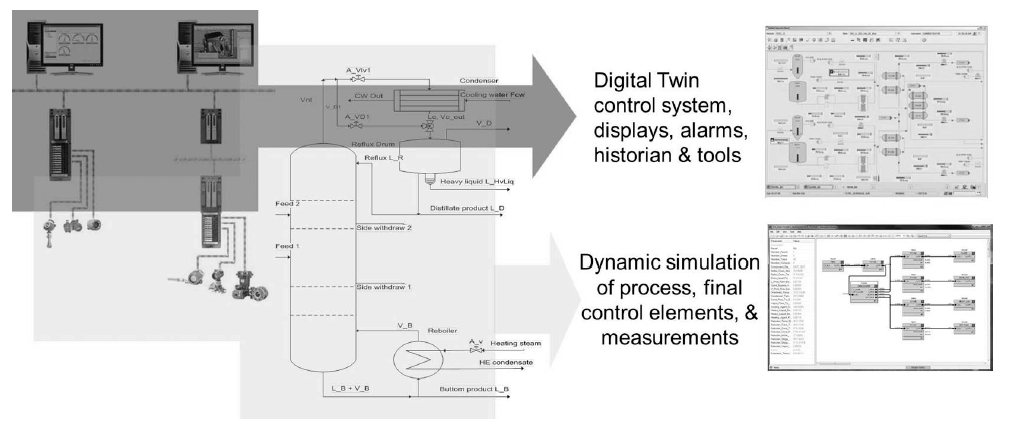I saw an email from Process Automation Hall of Fame member, Greg McMillan, welcoming a new ISA Mentor Program protégé and resource (a.k.a. mentor). The goal of this program is to connect:
…early career professionals to more seasoned professionals who are willing to help coach, guide and share expertise. The program is conducted entirely online.
Greg also attached a presentation he had given at the AIChE Spring Meeting on the current state and recommended solutions for the automation engineering profession. He first highlighted the significant challenges:
- Books by experts like Shinskey are out of print
- Technology departments depleted or gone
- Experts from the 1970s technological peak are retired
- Practitioners gap due to hiring freeze in 1980s and 1990s
- Industry publications and presentations often not by practitioners
- Process production companies (users) reluctant to publish anything
- Emphasis on time and money and doing more with less
- Practitioners overloaded (no time or incentive for technical development)
- Few if any onsite technical courses and mentors or libraries
- Executives lack process control education, experience or understanding
- Change and experimentation viewed negatively leading to copy jobs
- Mistaken view that everything has been done and IIoT is total solution
Greg shared his ideas for how to best address these challenges:
- Develop and support Mentor Program Q&A and Webinars
- Develop and teach industry-based university courses and labs
- Detail best practices in courses, publications and presentations
- Increase innovation by process simulation and digital twin
- Conduct and implement opportunity sizing and assessments
- Deploy dynamic demos with “before” and “after” metrics
- Moving average for 12 hours (shift) and month (real time accounting)
- Coauthor publications and presentations with practitioners
Finally, he shared how digital twin technology can drive innovation for improved project and operational performance across many phases of the lifecycle of a plant:
exploring <=> discovering <=> prototyping <=> testing <=> justifying <=> deploying <=> testing <=> training <=> commissioning <=> maintaining <=> troubleshooting <=> auditing => operator, system and process performance showing the “before” and “after” benefits of solutions from online metrics
Visit the ISA Mentor Program page for more on how to be a protégé or resource to advance the profession and make our plants and production facilities safer, more reliable and more efficient & sustainable.


